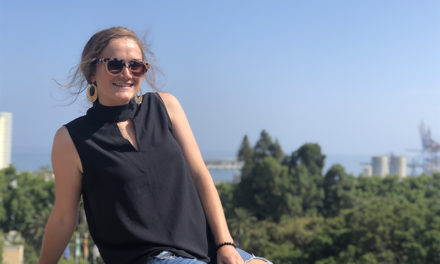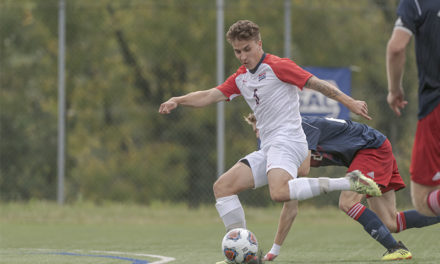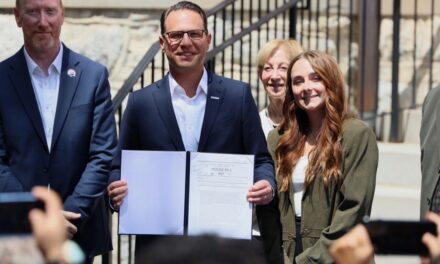A Shippensburg University student is taking learning to new heights after receiving a $5,000 grant to compete in a NASA rocket competition.
Lucas Kalathas, a senior physics major and math minor, will compete in the annual NASA Student Launch Projects Rocketry Challenge against more than 500 students in the two-leveled competition next spring.
More than 500 student rocketeers from 25 states will take part in the 2010-11 launch projects., according to a NASA press release. Nineteen middle school and high school teams will tackle the Student Launch Initiative, while 33 college and university teams will go head-to-head in the University Student Launch Initiative. NASA designed the twin projects to give science, mathematics and engineering students a taste of real-world experience, seeking to foster new generations of aerospace professionals to sustain NASA’s science and exploration mission.
The teams will bring their rockets to NASA’s Marshall Space Flight Center in Huntsville, Ala., where engineers developing the nation’s next-generation launch vehicles will put the teams’ creations through a rigorous flight readiness review and safety inspection, the release said. Students will then launch their rockets April 16, 2011.
According to Kalathas, students at the university level “must design a rocket with a scientific payload on board. The rocket has to get as close to one mile in altitude as possible.” The scientific payload will take measurements of atmospheric pressure, relative humidity, temperature, solar irradiance, and ultraviolet radiation, as well as take five photos during the flight.
The costly planning and construction of a rocket is something Kalathas is thankful he doesn’t have to worry about this year. After submitting a proposal to NASA including design goals, budgets, timeline, possible sponsors and team information, Kalathas was not only accepted into the competition but also was given the grant. He said 33 teams were accepted and 19 received a grant.
“To know that I have the monetary support from someone will let me focus on the project and put all my effort into doing the best job I can, rather than worrying about how to get the money to compete.”
His interest in rocketry began during his high school years. “I was bored one day and went to Walmart for something to do. Browsing around I stumbled onto a rocket kit and thought why not? And that’s when everything started.”
Aside from an interest in the subject, Kalathas knows participating in the competition will help his future. “I am really hoping this competition benefits my applications to graduate schools as well as my future career.”
His expectations from the competition are realistic but focused. “I know I’m going to face a lot of challenging schools and teams but I feel confident in my skills. I’m going up against some of the country’s most prestigious schools. I’m not counting on winning, but I will give it my best, and with some hard work, maybe I will end up in the lucky list of top five. But, I won’t say a first place finish wouldn’t thrill me.”
Other universities or colleges in the same division include Arizona State University, Embry-Riddle Aeronautical University, Massachusetts Institute of Technology, North Carolina State University, Pennsylvania State University, Purdue University, University of Alabama, University of Florida, University of Michigan, University of North Dakota, University of Washington and Vanderbilt University.




